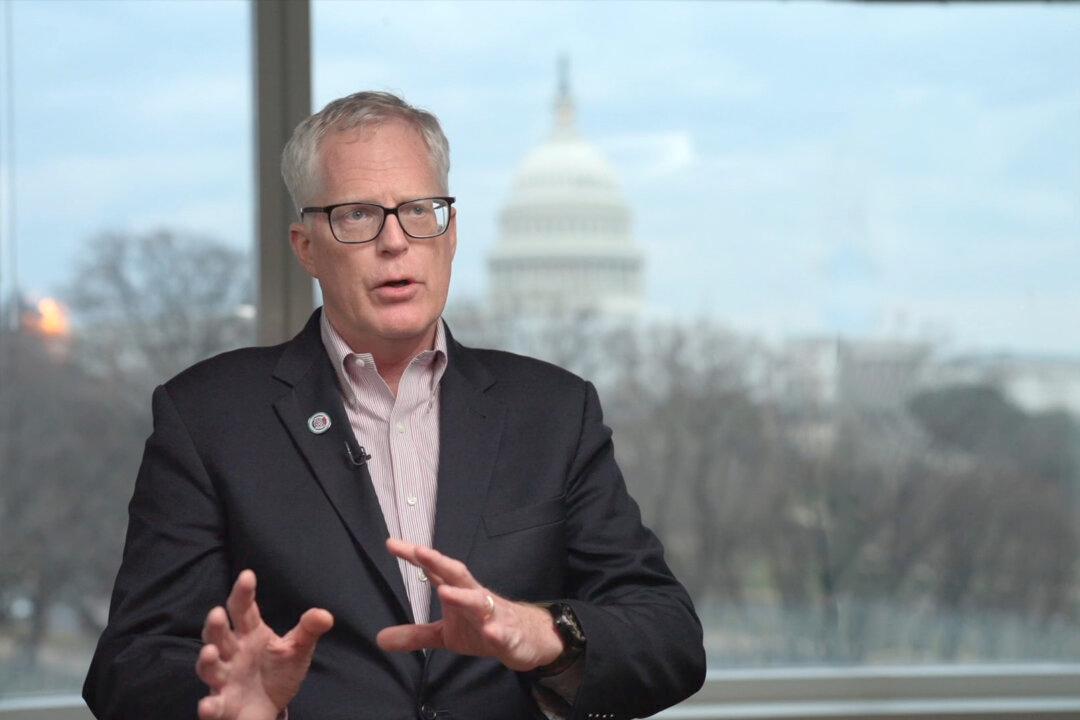“The only way you can force new thinking is to cut the budget. You have to reduce resources to the bureaucracy. That forces prioritization and new thinking,” Christopher Miller says.
In a recent episode of “American Thought Leaders,” host Jan Jekielek and Miller, former acting secretary of defense under the Trump administration, discuss Miller’s vision of a major reform of the military, along with the Jan. 6 Capitol breach, the Afghanistan withdrawal, and the unrestricted warfare strategy of the Chinese Communist Party. Miller is the author of “Soldier Secretary: Warnings from the Battlefield & the Pentagon About America’s Most Dangerous Enemies.”






